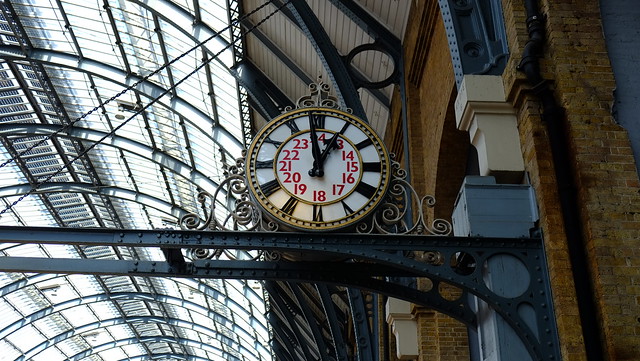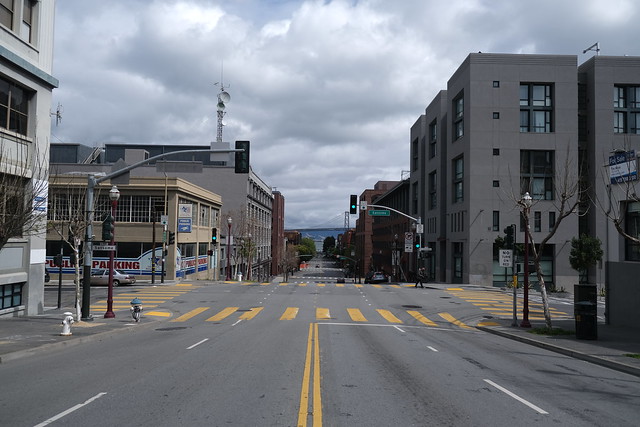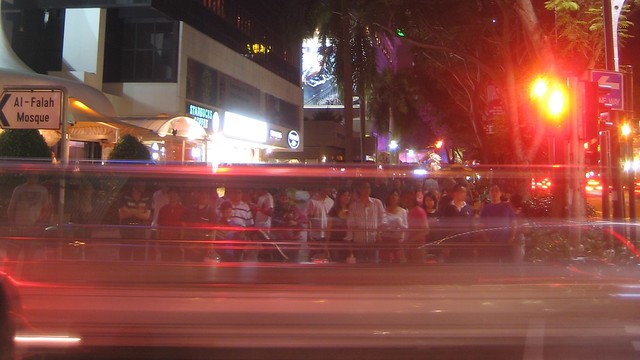I hardly know a writer who isn’t either studying life under lockdown, or trying to write something about life after lockdown. Alice Vincent talks to several Penguin authors– me, Alison Grade (The Freelance Bible), Helen Tupper (The Squiggly Career), Tom Cheesewright (Future-Proof Your Business)– for a piece on “The end of the 9-5? How work will change after coronavirus.”
For me, figuring out how to talk about COVID-19 and the lockdown has been a little tricky.
On one hand, I haven’t wanted to contribute to the “here’s how you can crush your side gig!” micro-genre (that’s aged pretty quickly); on the other hand, what’s happening is a giant natural experiment, is challenging all of us, and deserves some thinking about.
And many of us have learned lessons about how to work, about the challenges of managing work and home, that we could build on to work better in the future. (How many of us can imagine working from home now and then, but with children in school? How many of us imagine being able to manage business trips better?)

Clock at King’s Cross station, London
But future isn’t a chessboard or clockwork, and so the task isn’t to predict what the board will look like two moves from now, or where the hands will be. The experiment of the last few months has shown us that work can be differently, but there are no guarantees that in the future work will be different.
Lots of people want to go just get back to normal as soon as possible, or have learned from this crisis that they need to completely automate their workforces, or that they need to build underground bunkers where they can essential workers can live during the next lockdown.
In other words, this crisis hasn’t set us headed toward a specific future. But it’s broadened the space in which we can can create the future, and that’s a valuable thing.
Having said that, here’s what we see:
- Resistance to flexible work and work from home going down, and companies that previously had forbidden it revising their policies.
- More use of remote workers, including workers living farther away than ever.
- More blended work, in which people are more strategic about matching where they work with how they need to work.
- Less business travel, especially short trips, as waits at airports get longer thanks to more intrusive health checks.
- More attention to the workplace as a viral hot zone. Things like open offices, meetings in enclosed spaces– viruses love these as much as managers.

